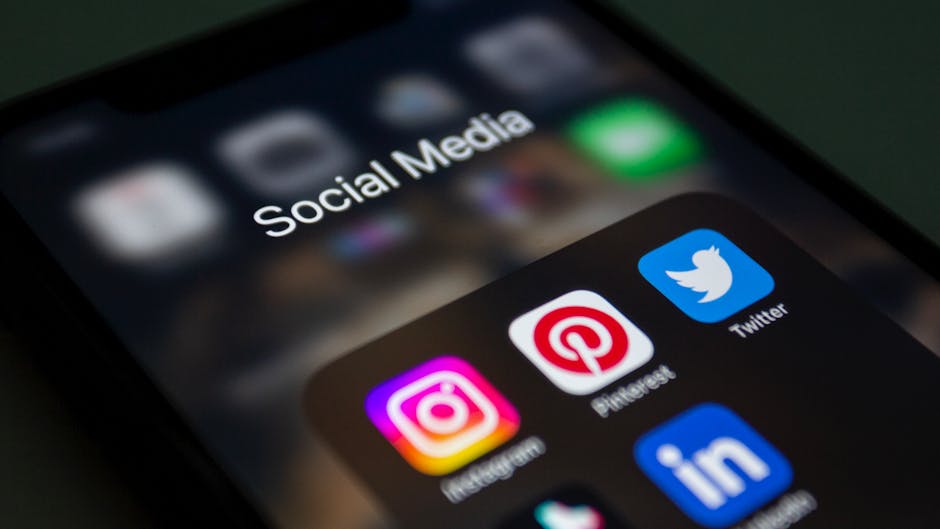Social media withdrawal is a phenomenon that is becoming increasingly common in today’s digital age. With the constant barrage of notifications, updates, and messages, many people are finding themselves feeling overwhelmed and disconnected from the real world. The emotional impact of social media withdrawal can be profound, affecting everything from our mental health to our relationships. In this article, we will explore the psychological effects of social media detox, coping strategies for managing withdrawal symptoms, the benefits of disconnecting from social media, tips for a successful detox experience, the connection between mental health and social media addiction, and how to rebuild real relationships post-social media break.
Understanding the Psychological Effects of Social Media Detox
Social media withdrawal can have a range of psychological effects on individuals who are used to being constantly connected. Some common symptoms of social media detox include anxiety, irritability, loneliness, and FOMO (fear of missing out). By taking a break from social media, individuals may experience a range of emotions as they adjust to life without constant digital stimulation.
Coping Strategies for Managing Social Media Withdrawal Symptoms
When experiencing social media withdrawal symptoms, it is important to have coping strategies in place to help manage these feelings. Some effective coping strategies include practicing mindfulness, engaging in offline activities, seeking support from friends and family, and setting boundaries around social media use. By implementing these strategies, individuals can navigate the challenges of social media detox more effectively.
Exploring the Benefits of Disconnecting from Social Media
While social media withdrawal can be challenging, there are many benefits to disconnecting from these platforms. Taking a break from social media can lead to improved mental health, increased productivity, better sleep, and enhanced real-life connections. By disconnecting from social media, individuals can gain a fresh perspective on their digital habits and prioritize their well-being.
Tips for a Successful Social Media Detox Experience
For those looking to embark on a social media detox, there are several tips to ensure a successful experience. Setting clear goals for the detox, establishing a support system, creating a schedule for offline activities, and practicing self-care are all essential for a positive detox outcome. By following these tips, individuals can make the most of their social media break.
The Connection Between Mental Health and Social Media Addiction
Research has shown a strong connection between mental health and social media addiction. Excessive use of social media has been linked to anxiety, depression, low self-esteem, and feelings of isolation. By recognizing the impact of social media on mental health, individuals can take steps to reduce their dependency on these platforms and prioritize their well-being.
Finding Balance: Rebuilding Real Relationships Post-Social Media Break
After a period of social media withdrawal, individuals may find themselves in a position to rebuild real relationships and connections. By focusing on face-to-face interactions, engaging in meaningful conversations, and spending quality time with loved ones, individuals can strengthen their real-life relationships and create a more balanced approach to social media usage. Finding this balance is key to maintaining overall well-being.
Frequently Asked Questions about social media withdrawal
Q: What are the common symptoms of social media withdrawal?
A: Common symptoms include anxiety, irritability, loneliness, and FOMO (fear of missing out).
Q: How can I cope with social media withdrawal symptoms?
A: Coping strategies include practicing mindfulness, engaging in offline activities, seeking support, and setting boundaries around social media use.
Expert Advice
For expert advice on managing social media withdrawal, it is recommended to consult with a mental health professional or therapist. They can provide personalized strategies and support to help navigate the challenges of social media detox and promote overall well-being.


